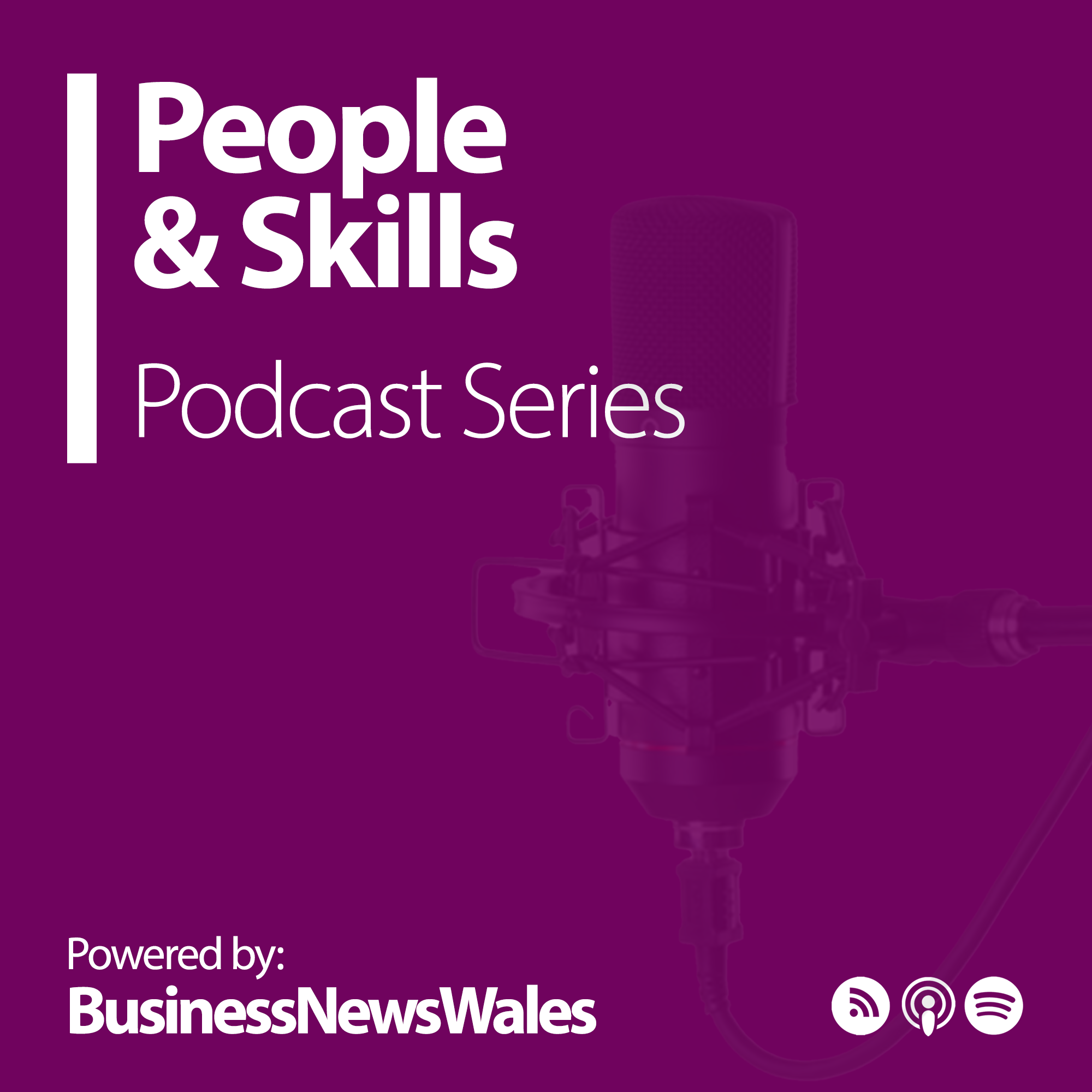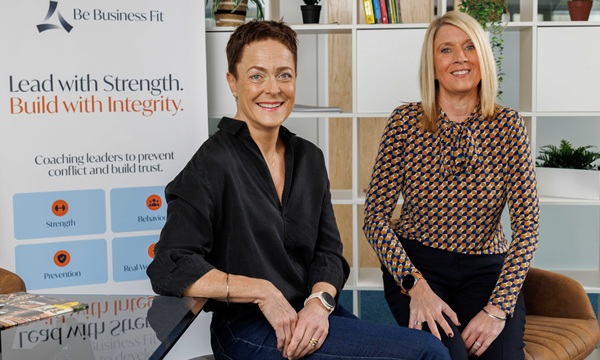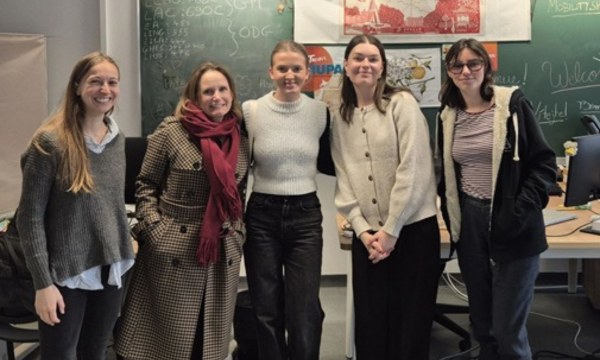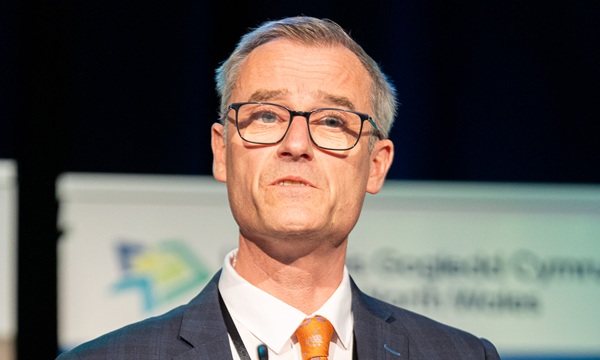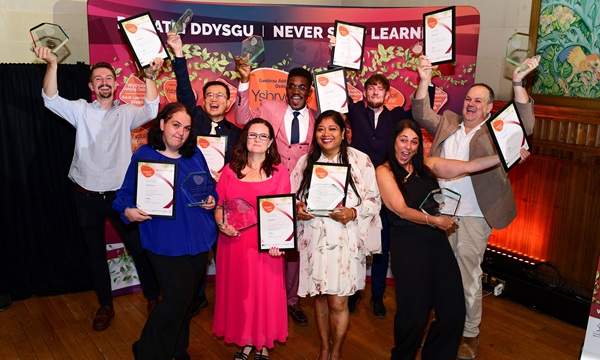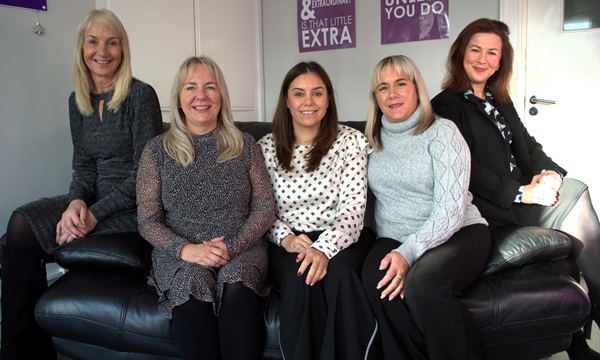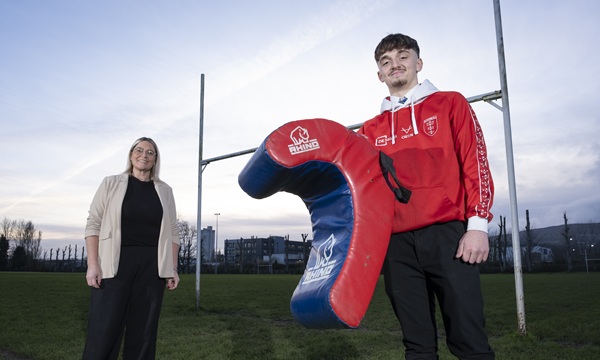
GUEST COLUMN:
Julian John
CEO and Founder
Delsion
I founded Delsion after trying to get back into work after a brain injury, which resulted in me becoming disabled. Previously, I’d had a successful senior-level career in HR, but my experiences of becoming disabled and unemployed demonstrated to me that the working world wasn’t ready for me. It wouldn’t adapt to my needs and no longer saw the value of employing me.
That experience became the catalyst for founding Delsion, a people and development consultancy focused on diversity and inclusion. My goal was to make Wales and Welsh businesses leaders in creating inclusive workplaces. On Delsion’s 10th anniversary, I find myself reflecting on how far we’ve come.
The approach to diversity and inclusion has profoundly transformed, and we’re still seeing that evolve. At times, the changes have been so rapid that it has left some organisations wondering whether they’re on the right track. The benchmark of creating a positive impact for individuals and groups has sometimes been lost within all the activities and initiatives that have been embraced. But what we have seen are responses to social movements, evolving legislation, and a wider recognition that embracing diversity and inclusion fosters innovation, improves wellbeing, and enhances many facets of an organisation. We are now seeing a much deeper and more integrated commitment across the board from companies, public bodies, and the world in general.
Despite these advancements, challenges remain. There’s still resistance to change, often driven by misconceptions about preferential treatment or unfair advantages. This highlights the importance of better communication about what diversity and inclusion truly means.
This leads onto one of the most prominent changes: the shift from equality to equity. Equality has been a core concept of diversity and inclusion, and indeed, the Equality Act is in place to protect recognised groups that are at risk of discrimination. However, the shift to equity addresses the need to treat people based around their individual needs, recognising that people have different starting points and challenges. It’s also where intersectionality becomes key.
For me, the biggest shift has been that of moving from compliance and averting risk to positive culture change. Diversity and inclusion is most effective when embedded culturally in an organisation through its core values and daily operations. At Delsion, it’s the heart of our work. Seeing how these inclusive work environments thrive – where every person is valued for their contribution and where potential is recognised and can flourish – is where the magic happens for me. That’s led us to shift our culture change work to focus on creating a culture belonging in the workplace.
But are we there? Not yet, and that’s led to a realisation that diversity and inclusion is not a short-term initiative but an integral part of an organisation’s activities and strategic narrative.
If I’m critical, many organisations have undertaken activities that look great on social media but don’t actually make a positive difference. Call it virtue signalling or “box ticking” – whatever it is, it is a missed opportunity. And within that sits the fear of getting it wrong, which can lead to companies not engaging beyond a superficial level.
But what opportunities lie ahead? Ten years ago, I committed to making Wales a leading nation for inclusion in the workplace for two reasons. Firstly, because of the benefits for Wales across the board and secondly, because it’s achievable. I genuinely believe we’re in a unique position to lead the creation of inclusive, equitable environments for businesses and communities alike. I also believe that recognition has a huge positive impact on so many levels, including investment. You only have to see how the Future Generations Act has been embraced as an indicator.
Tech also plays a role, and again, Wales can become a world leader if we embrace the opportunity early enough. At Delsion, we’re talking to some of the largest international organisations about our AI approach to inclusive recruitment, so I know this from our own experiences. Again, supporting and promoting diverse-owned businesses is another opportunity, as so many organisations look to drive diversity across their supply chain.
As a disabled person with two disabled kids, I want to see the change that will make their future different to my past experiences. The progress of the past decade gives me hope for what lies ahead, but ongoing commitment and action is essential to ignite meaningful change and achieve our aspirations. For Wales and Welsh businesses, the opportunities are waiting to be seized.
We have the chance to create a more prosperous and socially cohesive future, where everyone is given the opportunity to fulfil their potential. Within the next 10 years I’m expecting great things, specifically in Wales, and I’m very much looking forward to Delsion playing a part in that.






